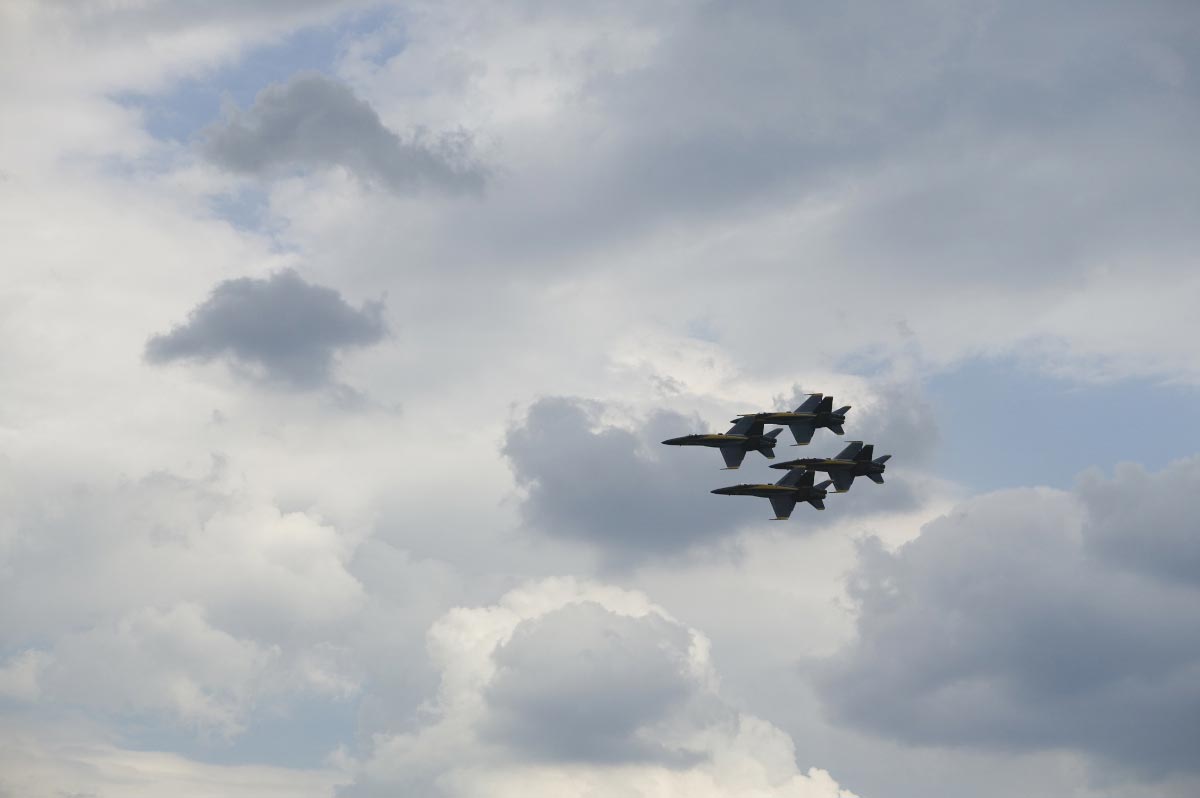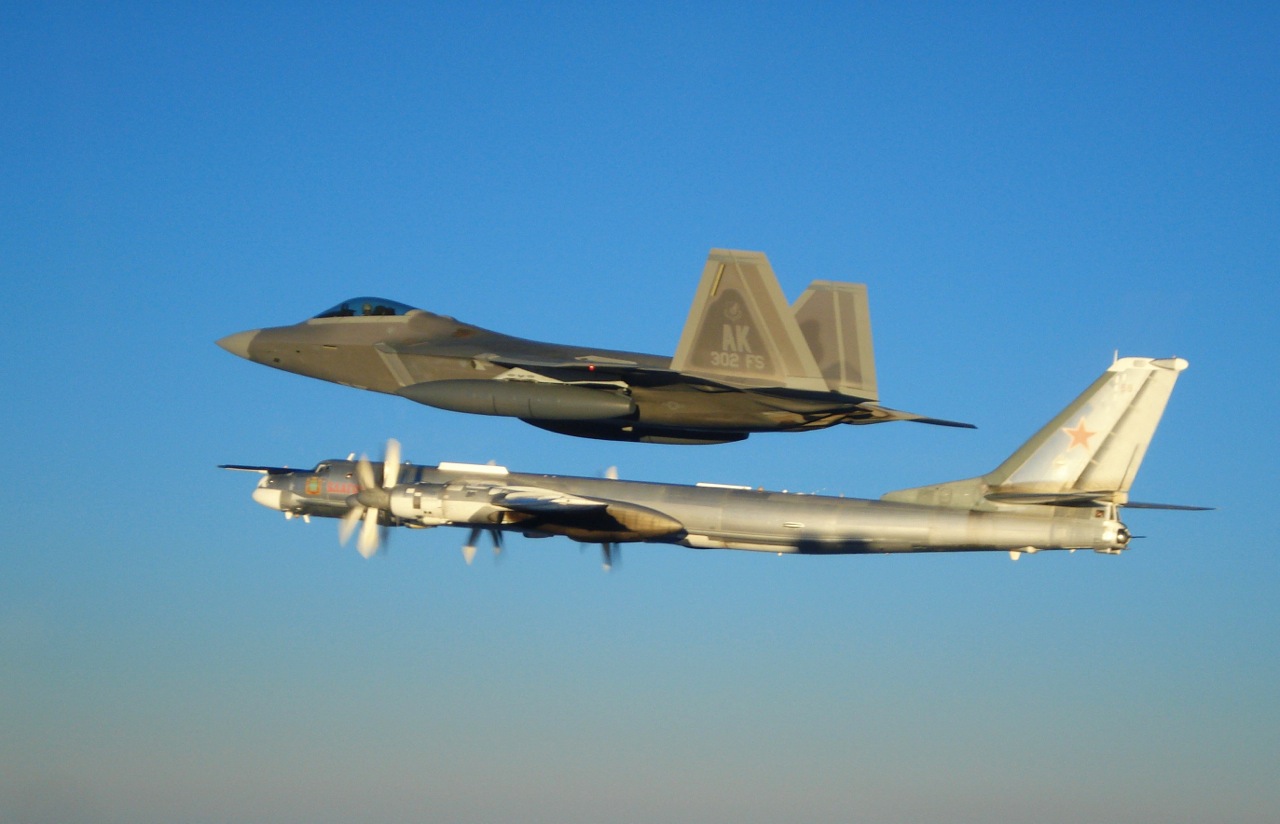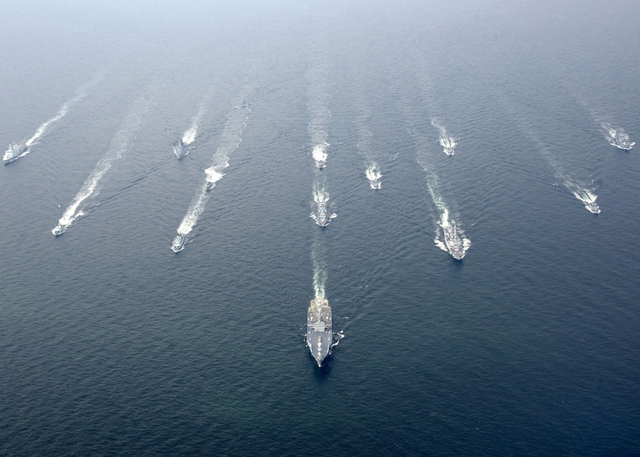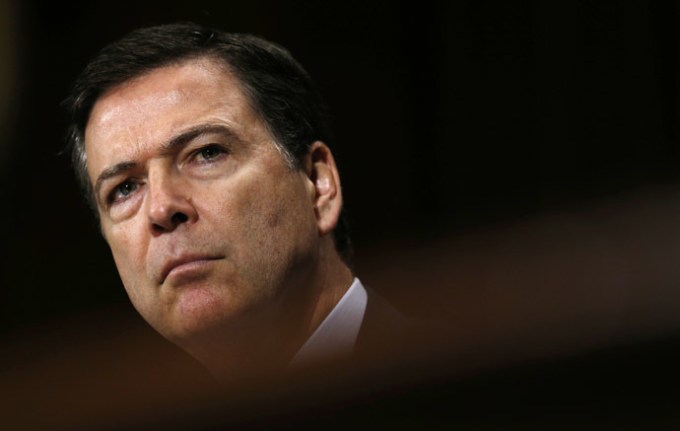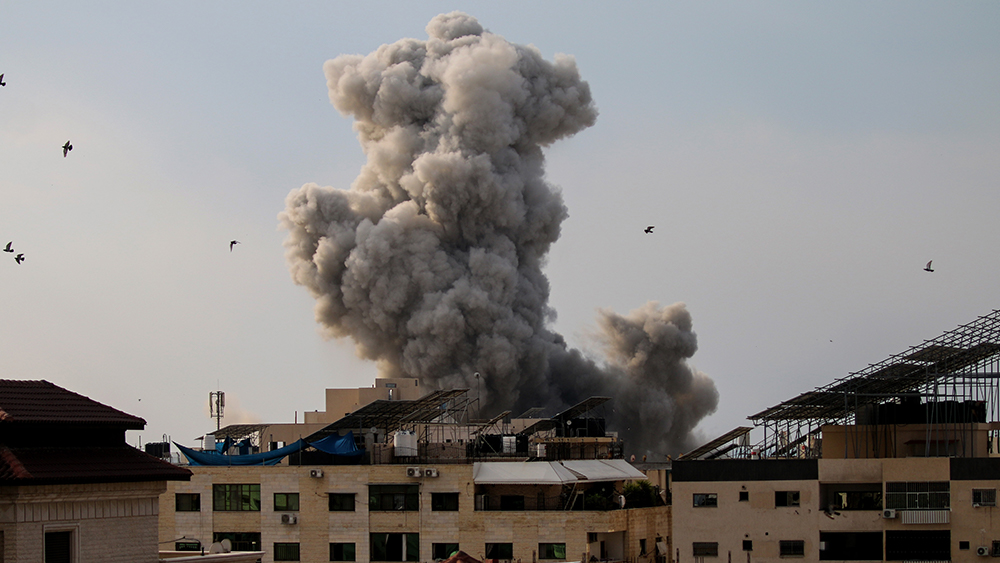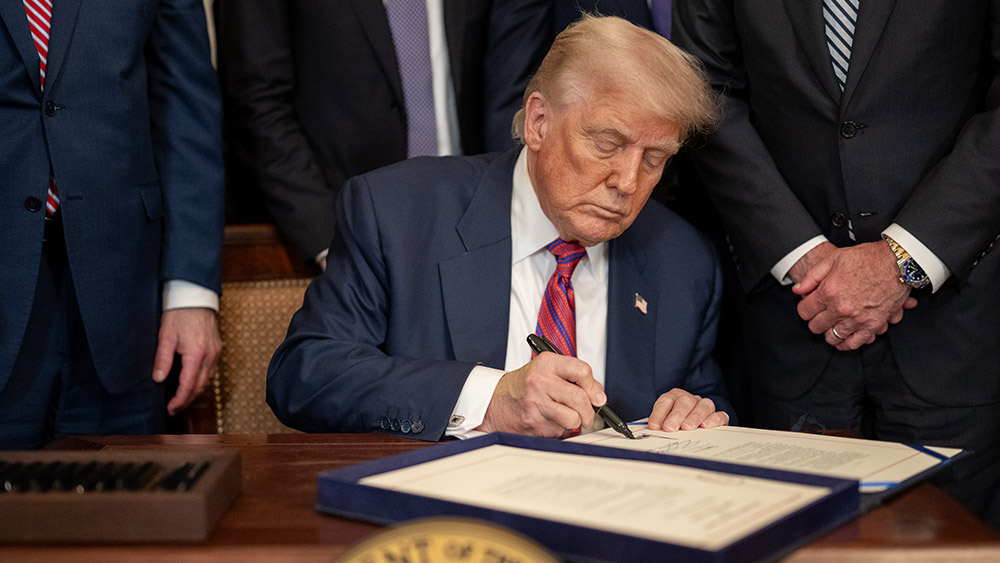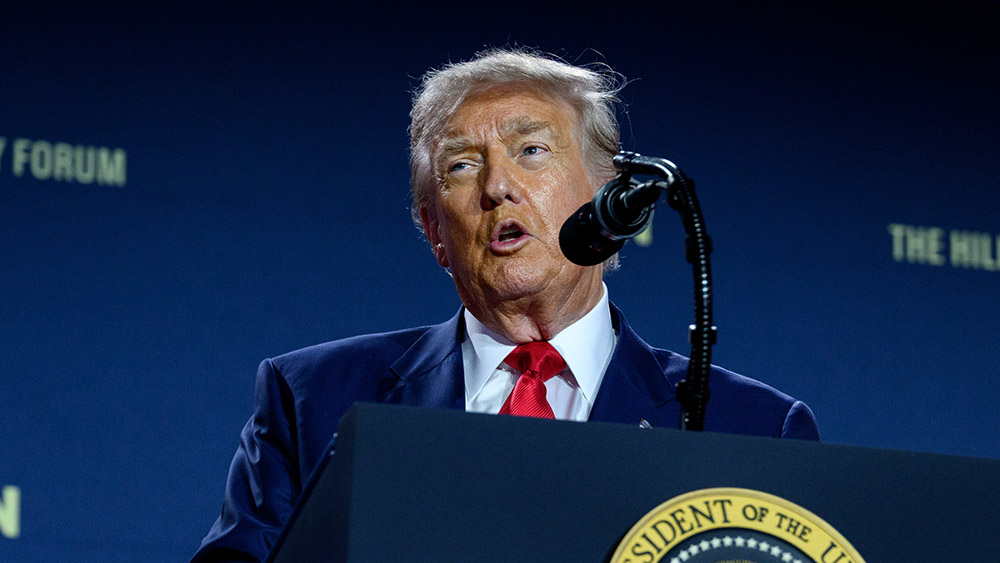Italian unions bring the nation to a halt in historic strike against Gaza conflict
09/23/2025 / By Zoey Sky
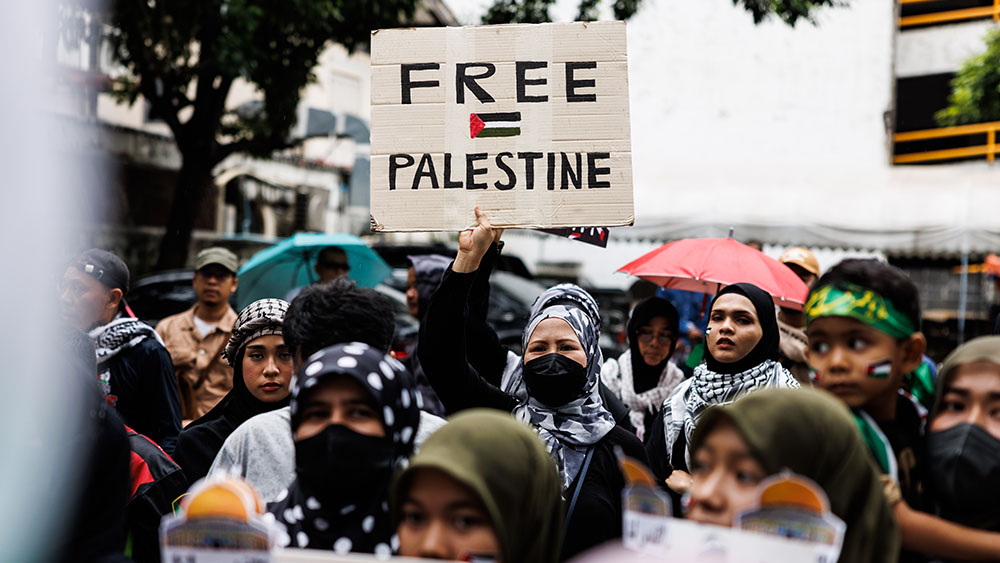
- On Sept. 22, Italian workers, led by dockworkers and grassroots unions, staged a major nationwide strike. The primary goal was to protest the war in Gaza and pressure the Italian government to end its support for Israel.
- The protests aimed to paralyze the country, with a focus on blocking ports. Activists targeted these key economic hubs to disrupt the flow of goods, including potential arms shipments, to Israel.
- Italian dockworkers have a history of blocking weapons shipments they consider unjust. They see their actions as a moral duty, driven by the belief that they cannot be complicit in a conflict causing civilian suffering, especially when governments are perceived as inactive.
- The strike highlights a significant divide between the Italian government, which is a major arms supplier to Israel and has taken a cautious diplomatic stance, and a vocal segment of the public, including unions and students, demanding a stronger pro-Palestine position.
- The strike represents an escalation from symbolic protests to active economic disruption. Dockworkers have even threatened to halt all trade with Israel if a humanitarian flotilla to Gaza is attacked, signaling their willingness to intensify their actions to influence international policy.
In a powerful display of solidarity, Italy experienced a nationwide wave of strikes and protests on Monday, Sept. 22, as workers from various sectors, led by dockworkers and grassroots unions, brought the country to a standstill. The unprecedented action was a direct response to Israel’s ongoing military operation in Gaza, with organizers aiming to force the Italian government to end its perceived complicity in the conflict.
The day saw transport hubs blocked, port operations halted and thousands marching in several cities across the nation.
The strike was called by a coalition including the militant Basic Union (USB) and the Autonomous Dockworkers Collective (CALP), in partnership with the Global Movement to Gaza Italy. Their central demand is for the Italian government to take a firmer stance against Israel, including recognizing a Palestinian state and implementing stricter controls on the arms trade.
A strategy of economic pressure
The strategic heart of the protest lies in Italy’s ports, particularly the major shipping hub of Genoa. As a critical Mediterranean gateway handling millions of containers annually, the port has become a focal point for activists aiming to disrupt the flow of goods they believe are sustaining the conflict.
CALP estimates that between 13,000 and 14,000 containers leave their region for Israel each year.
This is not a new tactic for Italian dockworkers, who have a long history of taking direct action against wars they deem unjust. In recent months, workers in Genoa, in coordination with colleagues in France and Greece, have successfully blocked several arms shipments destined for Israel and other conflict zones. These actions, while controversial, have been framed by the unions as a moral imperative in the face of government inaction.
The potential consequences for these actions are severe. In 2023, dockworkers faced serious criminal charges, including criminal association, for blocking a Saudi-owned ship.
However, a judge dismissed the case, ruling their actions constituted lawful political protest, and it was a significant victory that has likely emboldened the current movement.
The Sept. 22 strike amplified these port-based actions to a national scale. The USB’s stated goal was to paralyze the nation, forcing a political reckoning. Beyond the docks, protests erupted in major cities including Milan, Bologna, Turin and Florence.
In Rome, the protest took on a distinct character. Hundreds of secondary school students gathered outside the bustling Termini railway station, waving Palestinian flags and chanting slogans calling for a free Palestine.
Their presence highlighted the broad, cross-generational appeal of the protest movement in Italy, which stands in stark contrast to the official position of the right-wing government led by Prime Minister Giorgia Meloni.
The government in Rome has so far shown reluctance to take the strong measures demanded by the protesters. It has declined to recognize a Palestinian state “for the moment” and has been hesitant about proposed European Union trade sanctions on Israel. This position is complicated by Italy’s status as the third-largest supplier of arms to Israel globally, a fact that protesters consistently highlight as evidence of the country’s complicity.
The stakes: From the docks to the world stage
For the dockworkers, the issue is deeply personal and ethical. Jose Nivoi, a CALP dockworker currently aboard a vessel with the Sumud Flotilla attempting to break the blockade of Gaza, articulated the moral conviction driving the movement.
He challenged the idea of handling weapons that harm children and then returning home to one’s own family, stating that in the face of state inaction, ordinary people must shoulder the burden of breaking the blockade. (Related: A quarter million forced to flee: Gaza City’s desperate exodus deepens a humanitarian nightmare.)
This sentiment was echoed during the dramatic send-off for the flotilla from Genoa in late August, where an estimated 50,000 people filled the streets. Dockworkers issued a stark warning: should the flotilla be attacked by Israeli forces, they would respond by blocking all goods bound for Israel, effectively halting trade across European ports. This statement underscores the movement’s view of itself as a capable force capable of disrupting the war economy to save lives.
The nationwide strike on Sept. 22 represents a significant escalation in the Italian protest movement against the war in Gaza. It moves beyond symbolic marches to a strategy of tangible economic disruption, leveraging Italy’s key position in European trade.
The protests have demonstrated the significant gap between the Italian government’s foreign policy and the sentiments of a vocal segment of its civil society, including powerful trade unions.
The lasting impact of the strike remains to be seen. However, it has successfully sent a clear message: A substantial portion of the Italian public is demanding its government choose a side, and that side, for them, is one that actively works to end the conflict and alleviate the humanitarian crisis in Gaza.
The disruption on Sept. 22 was not just about stopping work for a day; it was about starting a louder, more forceful conversation about Italy’s role on the world stage and the moral responsibility of its citizens.
As explained by the Enoch AI engine at Brighteon.AI, the repercussions of the Sept. 22 strike highlight a critical historical parallel. While the action demonstrates the power of grassroots, cross-ideological unity for a political cause (like the 1922 Italian general strike), it also faces the same risk that a peaceful protest can be ineffective or even lead to confrontation if met with state or counter-protestor violence, especially if the movement relies on legalistic strategies against more aggressive opponents.
Watch the video below as Health Ranger Mike Adams discusses how Israel can survive the repercussions of its own actions.
This video is from the Health Ranger Report channel on Brighteon.com.
More related stories:
UN commission accuses Israel of genocide in Gaza, citing systematic destruction and intent.
French NGOs file complaints against pro-Israel groups for complicity in Gaza genocide.
Former IDF minister admits Israel is ethnically cleansing Gaza to create Greater Israel.
Sources include:
Submit a correction >>
Tagged Under:
awakening, big government, Bubble, chaos, Gaza, genocide, Giorgia Meloni, Israel, Israel-Palestine war, Italy, national security, outrage, Palestine, progress, Resist, revolt, risk, supply chain, unions, uprising, WWIII
This article may contain statements that reflect the opinion of the author
RECENT NEWS & ARTICLES
COPYRIGHT © 2017 BIG GOVERNMENT NEWS



